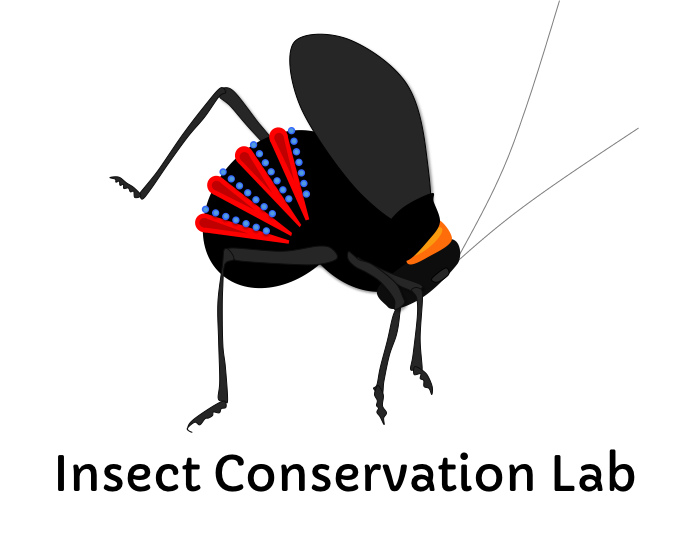Conservation
Conservation of biodiversity is challenging. It requires conviction. Insect conservation is worthwhile because without them we’re stuffed. They do all the hard work in our ecosystems. But how do we get people to love them?
“Education is the key to unlock the golden door of freedom”
Our projects
The Southern Pink Underwing Moth (Phyllodes imperialis smithersi) is listed in the EPBC Act as Endangered. It has remarkable hindwing patterning probably used in a startle display. (Photo: Kate Umbers)
Genetics
The study of genes (genetics) and genomics (whole genomes) has exploded in the last 30 years. We use it to understand genetic connectivity and to search for genes under selection. Get amongst it!
"We wish to discuss a structure for the salt of deoxyribose nucleic acid, DNA. This structure has novel features which are of considerable biologic interest."
Dr Rosalind Franklin
Our projects
Ooooh! phenotypic variation within a species is so exciting! Is it environmental? Is it genetic? Mountain insects, like these katydids (Acripeza reticulata) have some of the largest genomes in the world... why IS that? (Photo: Kate Umbers)
Behavioural Ecology
What is Behavioural Ecology? Here is one idea. To us, it's the study of animal behaviour in a natural context, out in the field. It's often a rewarding privilege to see animals as they are. You should try it!
"On the day-long follows that I used to do with mothers and their offspring - these chimp families that I knew so well - there was hardly a day when I didn't learn something new about them."
Dr Jane Goodall
Our projects
Fighting Australian alpine grasshoppers (Kosciuscola tristis). Yep, that male wants to bite the other guy's head off... while the female patiently lays her eggs. Why are these grasshoppers so ferocious? (Photo: Kate Umbers).
Physiology
The stuff of which living organisms are comprised can do extraordinary things and allow life to persist in extreme conditions. We search for the super-powered superheroes of the living world.
"A good physiological experiment … should present anywhere, at any time, under identical conditions, the same certain and unequivocal phenomena that can always be confirmed."
Dr Johannes Peter Müller
Our projects
This remarkable grasshopper (Monistria sp.) has antifreeze in its heamolymph (insect blood). They can overwinter in the Snowy Mountains WITHOUT hot chocolate. This must be seen to be believed. (Photo: Kate Umbers)
